SRMC’s Medical-Surgical Nursing Unit consists of our Emergency Room, Outpatient Infusion Center, Intensive Care Unit, and Labor & Delivery.
SRMC’s Medical-Surgical Nursing Unit consists of our Emergency Room, Outpatient Infusion Center, Intensive Care Unit, and Labor & Delivery.
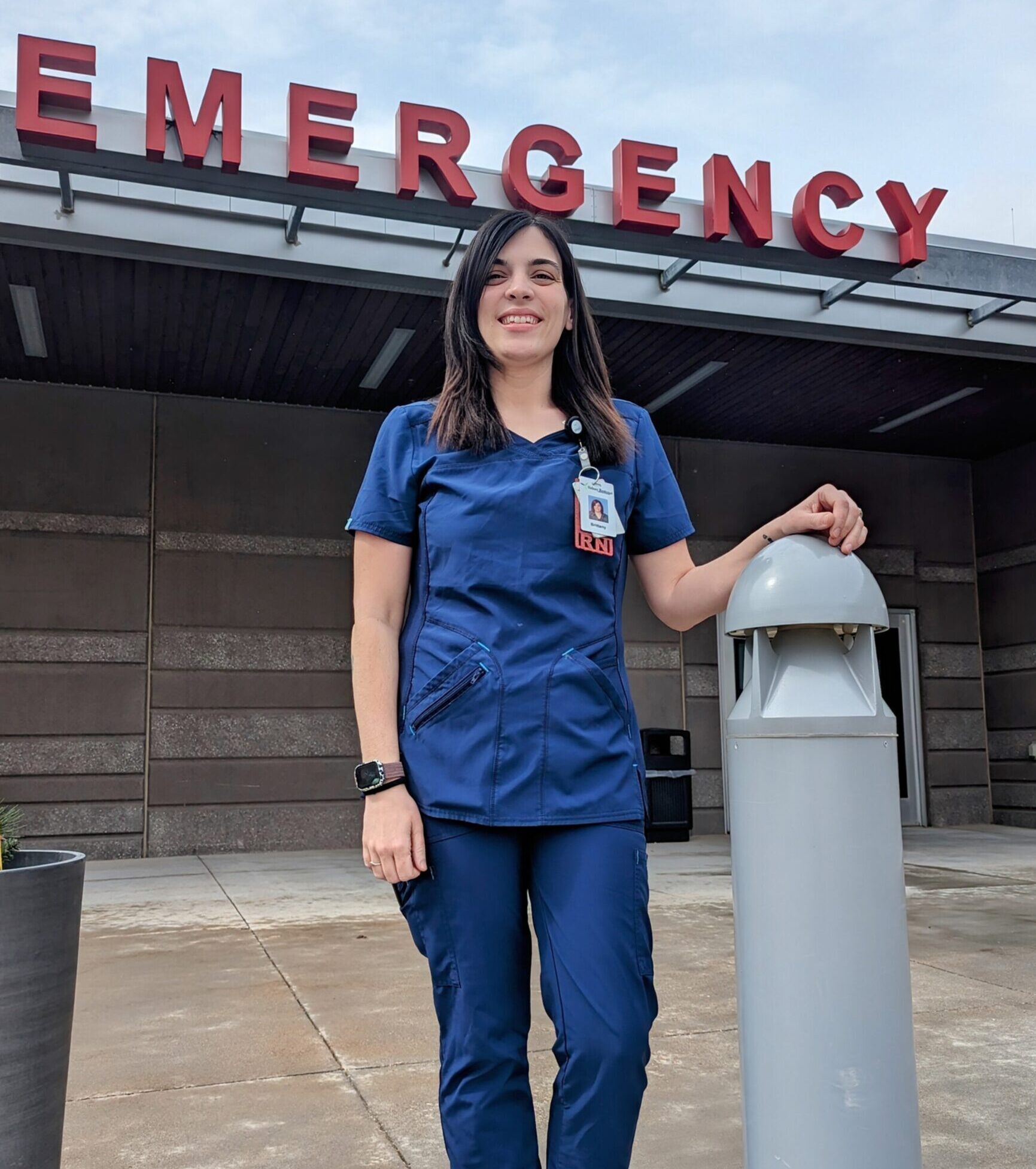
Open 24/7
If you have sustained serious injuries or are experiencing pain or symptoms that require immediate medical attention, SRMC’s emergency services are available around the clock. Our staff of highly trained providers and nurses are ready to deliver prompt and efficient emergency care.
SRMC’s Emergency Room is equipped with a triage room, four treatment rooms, and a trauma room supported by 24-hour radiology, laboratory, and cardiopulmonary services.

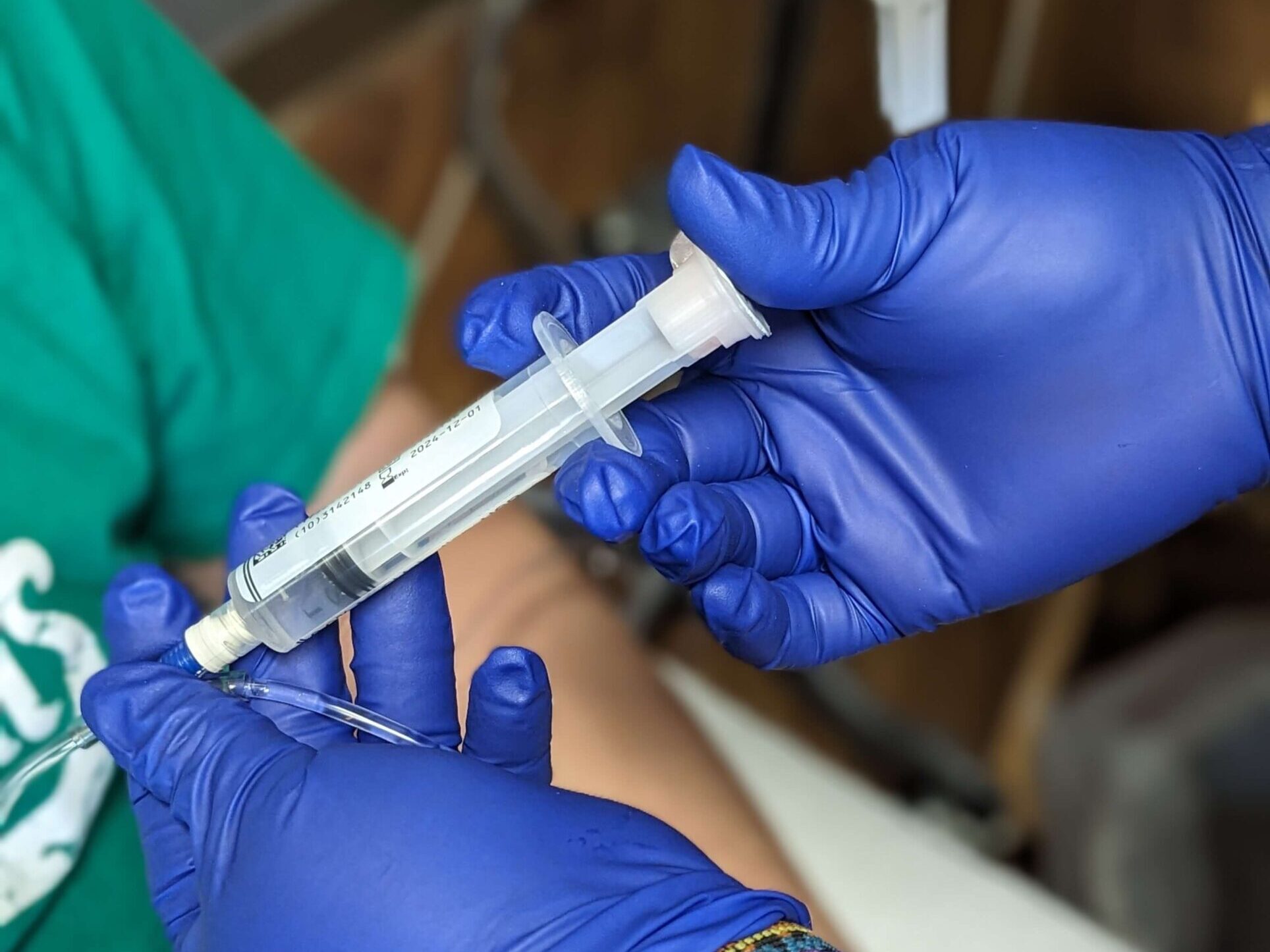
Our certified infusion registered nurses have received additional specialty education to provide a variety of specialty infusions, including chemotherapy administration to our oncology patients on an outpatient basis. Our Infusion Center provides the following services:
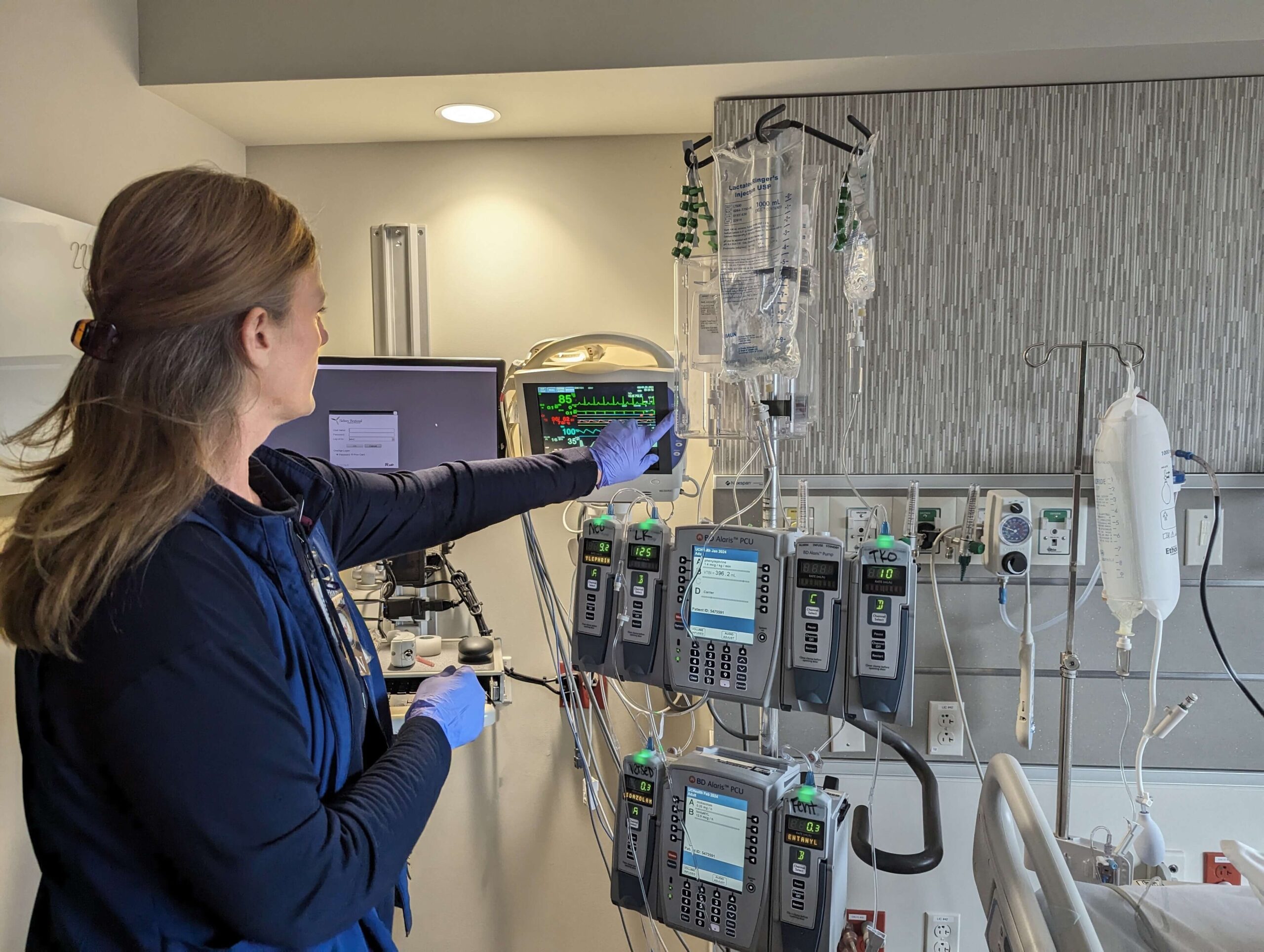
The Intensive Care Unit (ICU) provides care to patients who require closer monitoring for more serious medical conditions. Our rooms have bedside cardiac monitoring capabilities that can be viewed in the patient room and at the nurse’s station.
The ICU RNs are specially trained in critical care and collaborate with our physicians to provide high-quality nursing care to medically unstable patients.

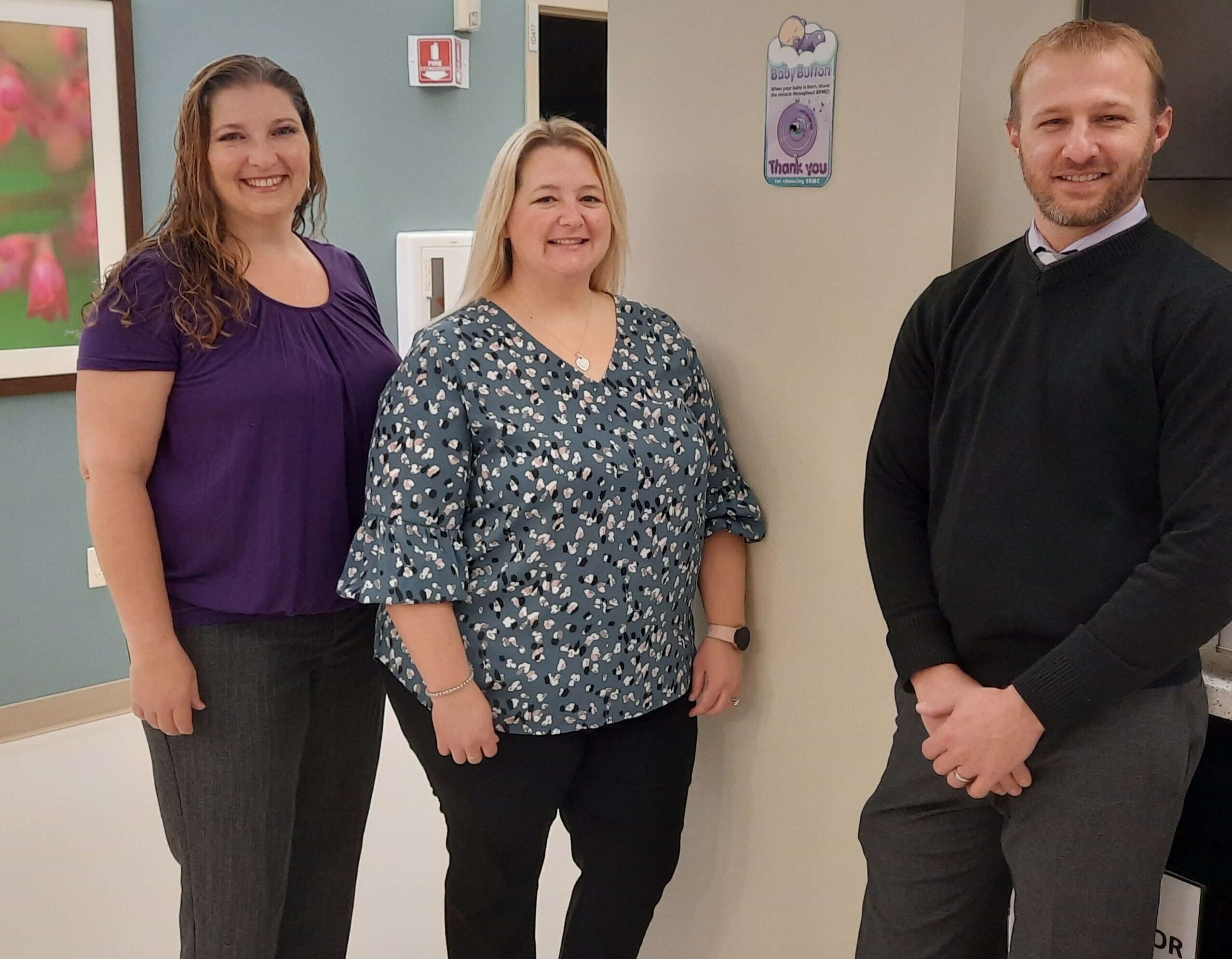
The birth of a baby is an important and exciting time. At SRMC, we are honored to share this incredible experience with your family. From your first prenatal visit with our qualified health care providers, we are here to make this a smooth and enjoyable experience.
When you are ready to welcome your baby, our spacious labor and delivery rooms allow for you and your support system to move about comfortably while remaining in a private department. For your comfort during your labor experience (or for Cesarean sections), our anesthesia staff is available.
Our qualified and committed staff are waiting to serve you and make this time special and memorable. Our focus on the development of healthy moms and babies starts with the first visit. Delivering healthy babies means the start of healthy families. Our team of dedicated physicians work with you to provide attentive, compassionate care for you and your baby during pregnancy, delivery, and beyond.
After delivery, newborns room with their moms in their hospital room. Moms and babies are cared for by our nurses who are trained in postpartum and newborn care. Our nurses will monitor you and your baby for any post-delivery complications and review any questions you have before going home. We also have a lactation consultant to help assist nursing mothers.

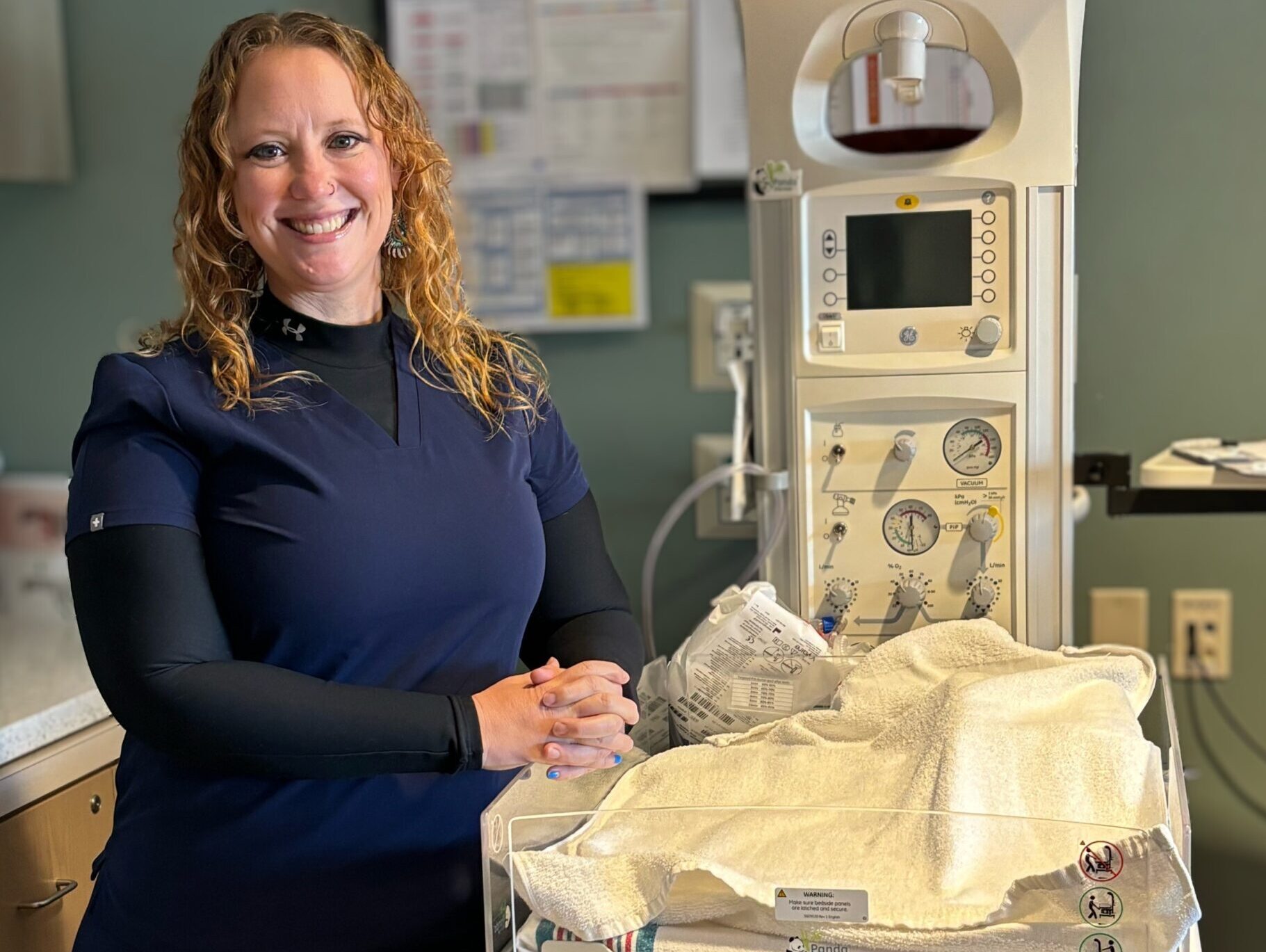
SRMC’s international Lorna Storm, Board-certified lactation consultant, has undergone specialized training and certification to offer support, advice, and guidance to mothers who choose to breastfeed. Lactation consultants help with milk supply, breastfeeding positions, and other common nursing problems. Their assistance is usually needed during the first few weeks of baby’s life when he or she is still learning how to breastfeed; however, you can receive lactation services at any time while breastfeeding or pumping. You can schedule a visit with Lorna while you are still pregnant, right after you give birth, or several months into breastfeeding. Call 308-254-5825 to learn more.

SRMC has partnered with YoMingo to provide our patients with a parent education program to help new parents prepare for their little one. This app is designed to give you convenient access to the tools and support you need at every stage of pregnancy and beyond. Educational content covers pregnancy, labor and birth, postpartum, breastfeeding, and newborn care, while tools include a contraction timer, kick counter, feeding log, diaper log, journal, and more. With the YoMingo app, your journey into parenthood is as easy as 1-2-3!
This class is a nationally accredited class that teaches 11- to 13-year-olds how to be a safe babysitter. They learn that babysitting is an important responsibility that is not to be taken lightly. Babies need constant attention and care. Additionally, they learn first aid, CPR, and other helpful tools to care for children. For more information or to register, contact Brooke Steffens, Kelly Knappen, or Jeanne Ogden at 308-254-5825.
Congratulations on your new baby! There are specific steps that parents, grandparents, and caregivers can take to keep babies healthy and safe. Sadly, babies die each year in Nebraska due to unsafe sleep practices. That is why we urge you to learn and share the ABCs of safe sleep.
Your baby should always sleep ALONE.
During the first year of life, the safest place for a baby to sleep is alone in their own crib, close to their parent’s bed.
Experts agree that sleeping with your baby can be dangerous. An adult bed has a soft mattress, pillows, and bedding that can increase the risk of suffocation, falling, or becoming trapped.
Your baby should always sleep on their BACK.
The safest position for babies to sleep is on their back for every sleep – naptime and bedtime.
Your baby should always sleep in a safe CRIB.
A safe crib has:
Follow the U.S. Consumer Product Safety Commission Recommendations for crib safety at www.cpsc.gov.
It is unsafe for a baby to sleep in an adult bed, on a couch, chair, bean bag, or recliner. Sleeping in a car seat or infant swing at home is also not safe.
Along with the ABCs of safe sleep, take these steps to keep your baby safe:
If you would like more information about our team, call 308-254-5825. To tour our birthing unit and learn more about our labor and delivery services, contact the Maternal & Infant Manager at 308-254-5825 x1033.
© 2024 Sidney Regional Medical Center. All rights reserved.